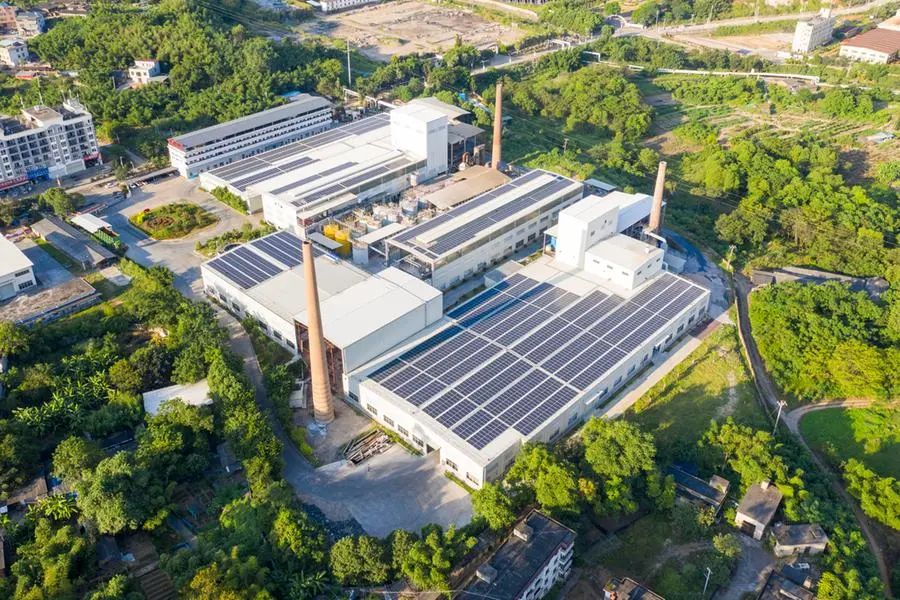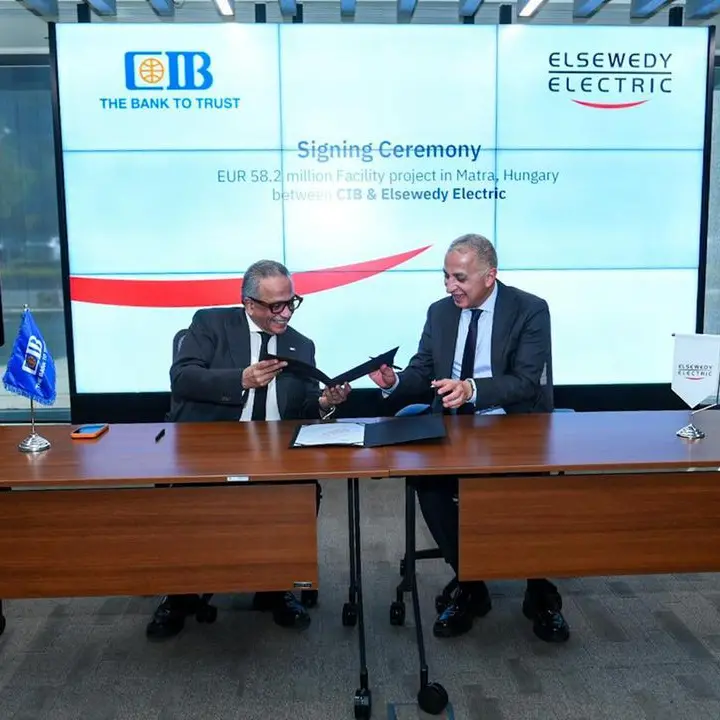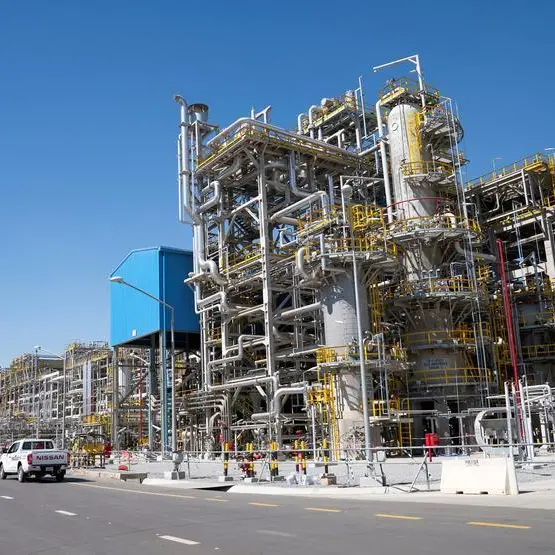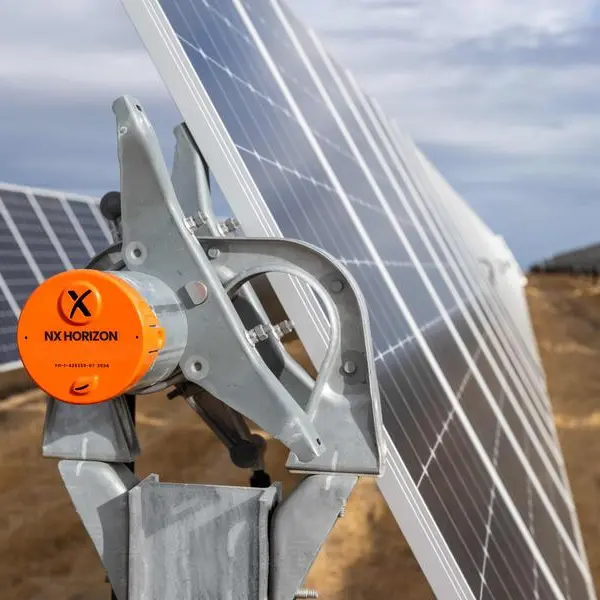PHOTO
Solar projects totalling 218.8 megawatts (MW) are currently being implemented in Bahrain while the Gulf kingdom’s installed solar power capacity as of June 2023 stood at 51.9 MW, according to the country’s second Voluntary National Review of the implementation of Sustainable Development Goals.
Voluntary National Review (VNR) is a process through which countries voluntarily assess and report to the United Nations on the national progress made in implementing the 2030 Agenda for sustainable development.
Some of the key developments include:
- Khalifa Bin Salman Port will become the region’s first energy self-sufficient terminal generating 18.5 gigawatts (GW) of electricity per year from its 20,000 solar panels that are expected to become operational by the end of the year.
- Aluminium Bahrain (ALBA) has recently awarded a contract for the installation of a 6 MW solar farm project.
- The Bahrain Mall inaugurated its 6.2 MW-peak solar power plant in March 2023, developed through a solar power purchase agreement between Majid Al Futtaim and Yellow Door Energy.
- The Royal College of Surgeons in Ireland – Medical University of Bahrain (RCSI Bahrain) launched its solar farm project, expected to produce the equivalent of 55 percent of its current energy consumption, marking the start of its “Green Campus Initiative” to enhance campus sustainability.
- BAPCO refinery and BAPCO’s Upstream (formerly Tatweer) have each completed a 5MW solar project in 2014 and 2019 respectively.
- Due to its limited land resources the Government is exploring the possibility of installing floating solar panels (offshore floating solar) in the Kingdom.
- During 2023-2024, eight additional projects will be implemented in partnership with the private sector under the ‘Land Development Rights’ programme whereby private players are invited to develop government land.
- A new methane collection system is being installed at the Askar landfill covering around 20 percent of its total area which will significantly reduce the carbon footprint of the landfilled waste. In 2021, Bahrain joined the Global Methane Pledge that aims to reduce global methane emissions by 30 percent by 2030.
- In 2021, approximately 92,000 tonnes of waste were recycled locally and approx. 130,000 tonnes of waste was imported to be utilised in production activities, while 325,000 tonnes were exported for recycling and recovery purposes. The report did not mention any progress on the integrated waste management facility that has been on the drawing board for several years.
The report cited securing funding for sustainable energy and environmental projects as a key challenge and stressed the need to make these projects attractive for private players. It noted that adaptation projects face difficulty in funding due to ‘their perceived lack of profitability and bankability’.
The report noted that the Central Bank of Bahrain is currently studying the issuance of a regulatory framework for green bonds and the launch of a framework to support innovation and financial technologies for sustainable finance.
(Reporting by Sowmya Sundar; Editing by Anoop Menon)
Subscribe to our Projects' PULSE newsletter that brings you trustworthy news, updates and insights on project activities, developments and partnerships across sectors in the Middle East and Africa.





















